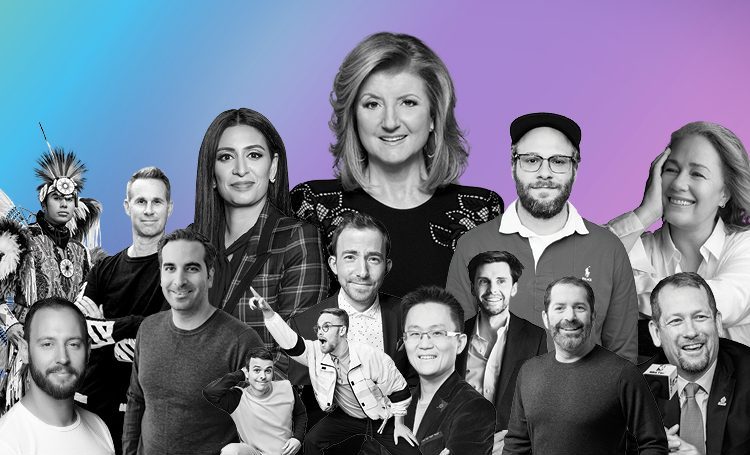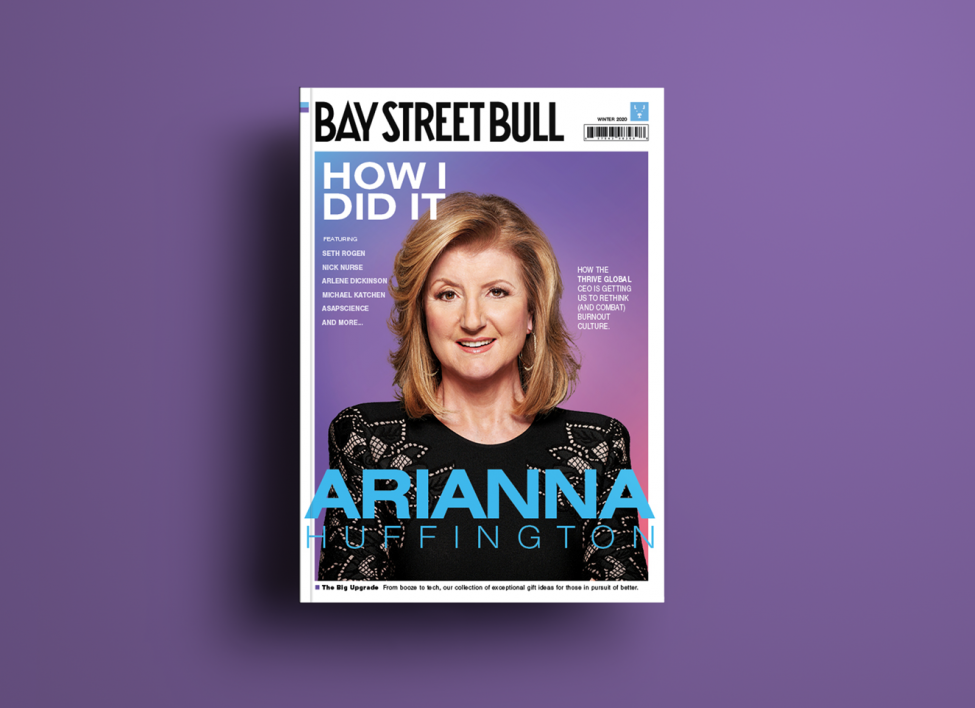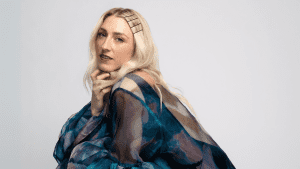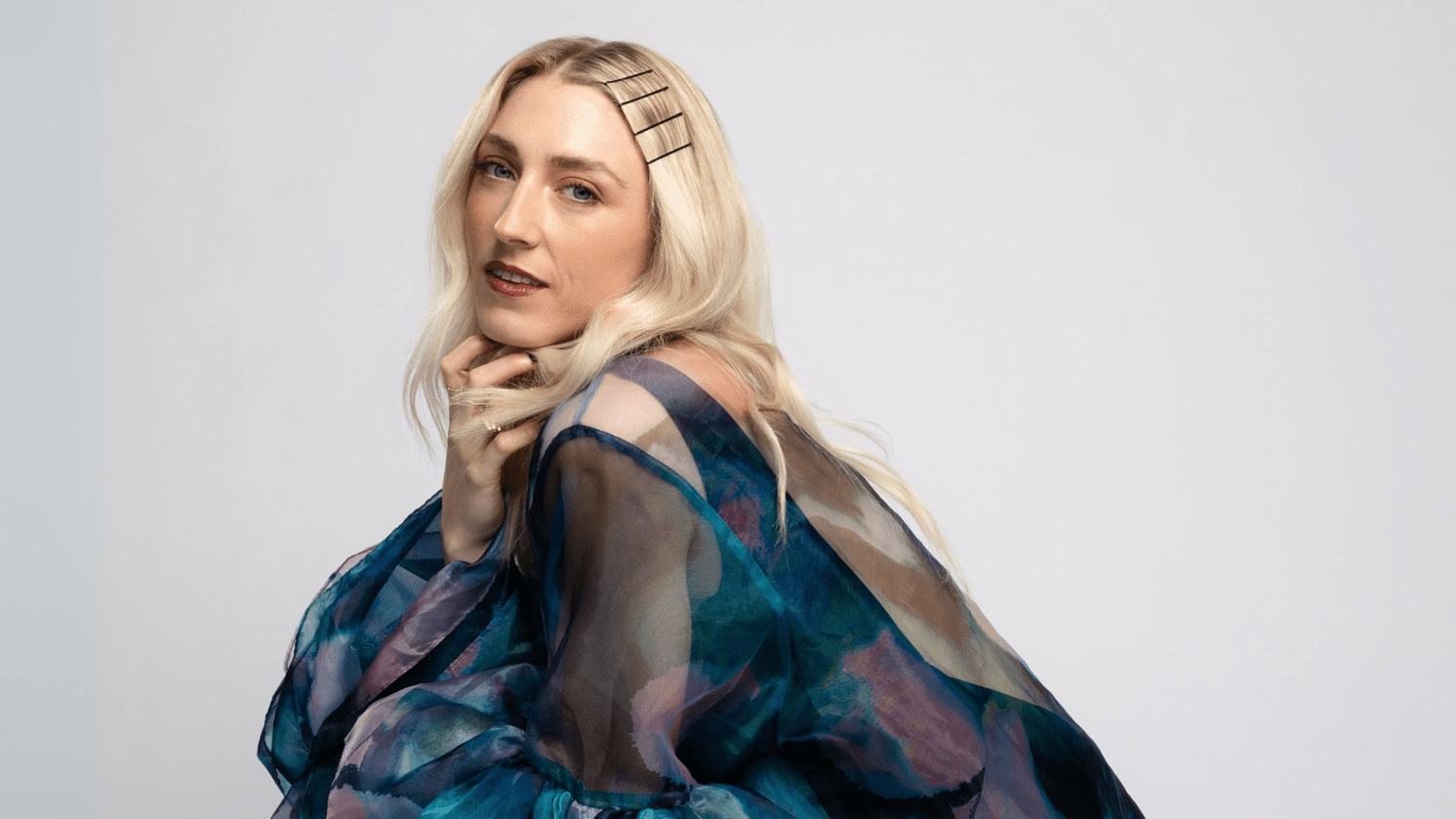“We all might define it differently, but we all know what it feels like: when we’re chronically depleted and exhausted, not just from working extra hard on a project, but over a period of time, and when we’re not able to feel like we can recharge,” says Thrive Global founder & CEO Arianna Huffington when asked to describe ‘burnout’. These days, who can’t relate to those feelings?
In 2020, a year when ‘doomscrolling’ officially became a Merriam-Webster buzzword, topics like employee burnout and the mental health of workers are certainly more salient than ever.
But when Huffington first tackled the cult of overwork and questioned standard definitions of success in her 2014 book, Thrive, the idea that burnout and success didn’t have to co-exist hand-in-hand still required some persuasion and explanation. Huffington herself only came to that realization after experiencing what she describes as a “final straw” moment—she collapsed from exhaustion and lack of sleep one morning in 2007—following years of relentless hustle and countless 18-hour workdays building her namesake news website, The Huffington Post.
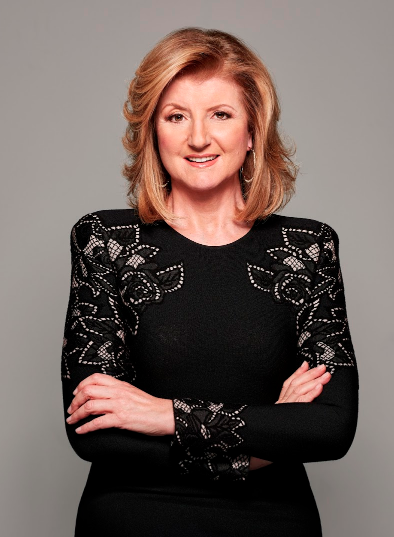

“I started learning more and more about the connection between well-being, resilience and productivity [and] realized that this idea that burnout is the price we have to pay for success is simply a complete myth,” says Huffington, who says the experience inspired her to write two books, Thrive and The Sleep Revolution. “As I went around the world speaking about my experience, I saw two things: first, that we’re in a growing epidemic of stress and burnout. And second, that people deeply want to change the way they work and live.”
In 2016, these observations inspired her to leave the Pulitzer Prize-winning site that she co-founded (which had been bought by AOL for USD $315 million five years earlier) and focus on growing Thrive Global, a behaviour-change technology company. “I wanted to go beyond just speaking out and raising awareness—I wanted to help people change behaviours and turn awareness into action,” says Huffington.
RELATED: For Women Entrepreneurs, the Pandemic is Hurting Business—and Their Mental Health
The timing couldn’t have been more prescient. The WHO included “burn-out” as an “occupational phenomenon” in 2019, and even before the pandemic over one in four Canadian workers reported feeling “high to extreme levels of stress” every day, according to Statistics Canada.
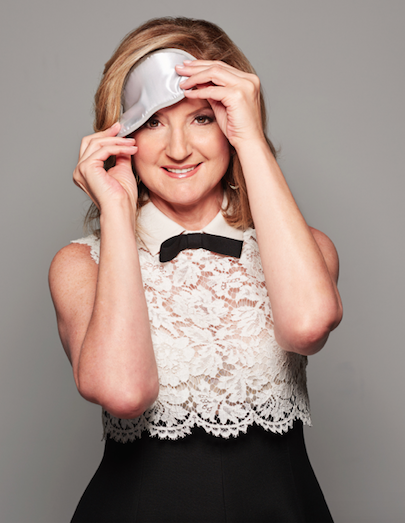

Her mission today is to “help people live and work with less stress, more resilience, more meaning and purpose, and more joy,” says Huffington. “Thrive Global is based on the science that shows that our well-being is deeply connected to our resilience and our productivity. When we take care of ourselves, our performance improves, along with every other aspect of our physical health and mental health.”
Using tools ranging from storytelling to artificial intelligence, Thrive Global is helping individuals—and corporations like Walmart, Accenture and Levi’s—to incorporate what the company calls Microsteps, or “small, science-backed and actionable steps,” into daily routines to help combat stress and inspire resilience. Simple acts like removing devices from the bedroom and having a cut-off time for news consumption, suggests Huffington, can have huge impacts on anxiety, sleep, and well-being.
In the current pandemic, these best practices and practical tips may be needed more than ever, as millions of Canadians are working from home for the first time—and work-life boundaries become ever more tenuous. A June 2020 Angus Reid survey even found that although most Canadians working remotely at home were “getting more tasks done,” many also reported an “emotional toll” and some “impact on their mental health.”
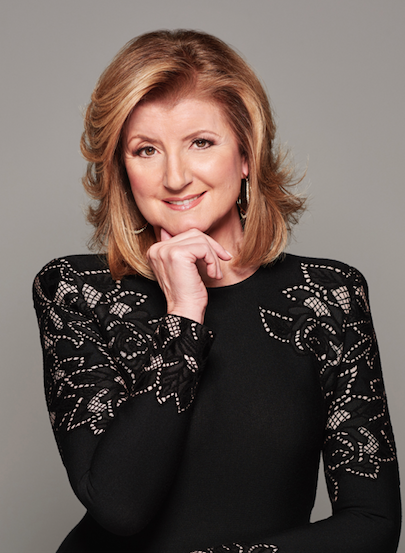

And especially now, it shouldn’t just be up to individuals to change behaviours and advocate for more sustainable approaches to work. “Companies can help employees nurture their mental resilience by creating a workplace where people don’t feel like they have to be ‘on’ 24/7, where they’re able to say goodbye to their workday and get adequate sleep, and by creating a company culture in which a commitment to well-being isn’t just a slogan, but is baked into core company values,” says Huffington. After all, notes Huffington, “there is a clear connection between health, mental resilience, business metrics, bottom line, and productivity.”
Even in these challenging economic times, investing in employee well-being and resilience is paramount. “Companies are only as resilient as their employees,” Huffington says. “Most companies realize that qualities like focus, empathy, collaboration and inclusion are essential to win the future, but people can’t access those qualities when they’re stressed in a perpetual fight-or-flight mode.” Business leaders can make a big difference by making positive changes to company culture, instituting policies and programs that support employee well-being, and prioritizing “the human element” when it comes to things like reopening or pandemic working arrangements.
And this is the right moment for us to collectively seize change and leave burnout culture behind, suggests Huffington. “We can use this disruption as a crucible for change; we don’t have to go back to the pre-pandemic status-quo,” she says. “When so much of our lives and our routines were stripped away, it was an opportunity to see what we valued. We’ve learned that there’s a collective hunger for our new normal to be a much better normal, built around a way of living and working that empowers us to truly thrive.”
